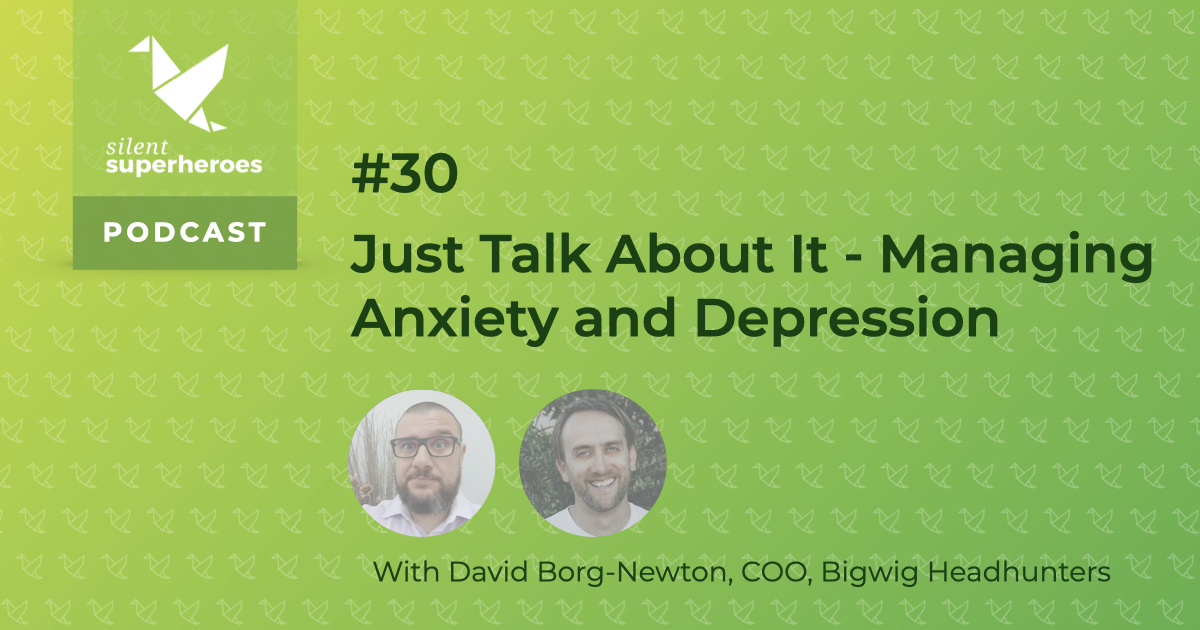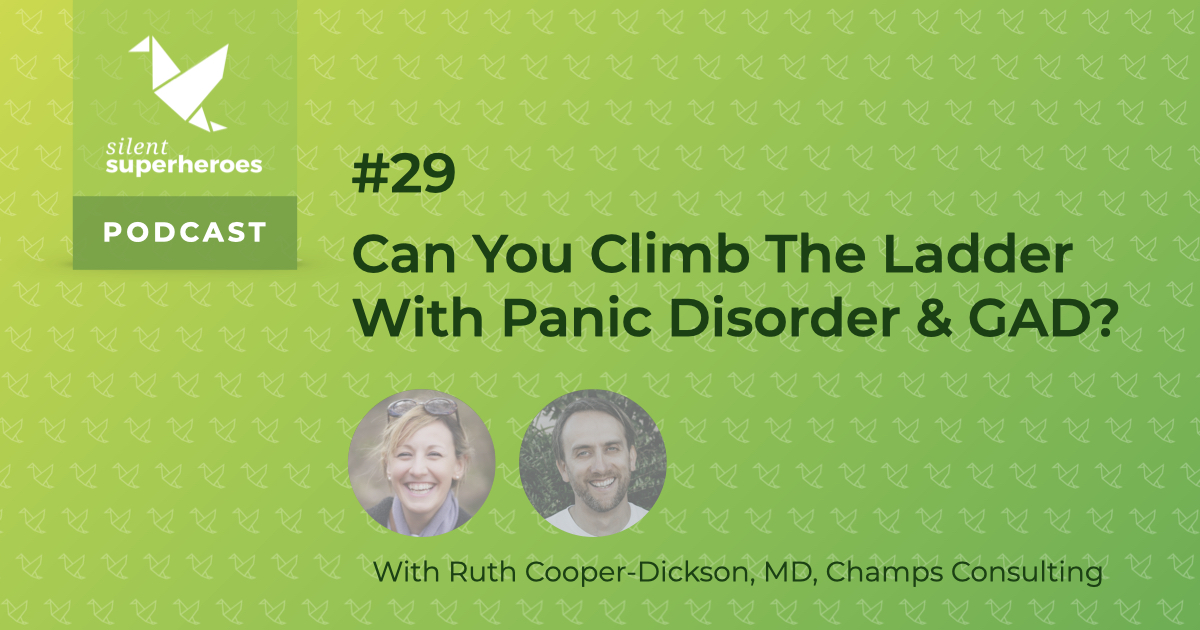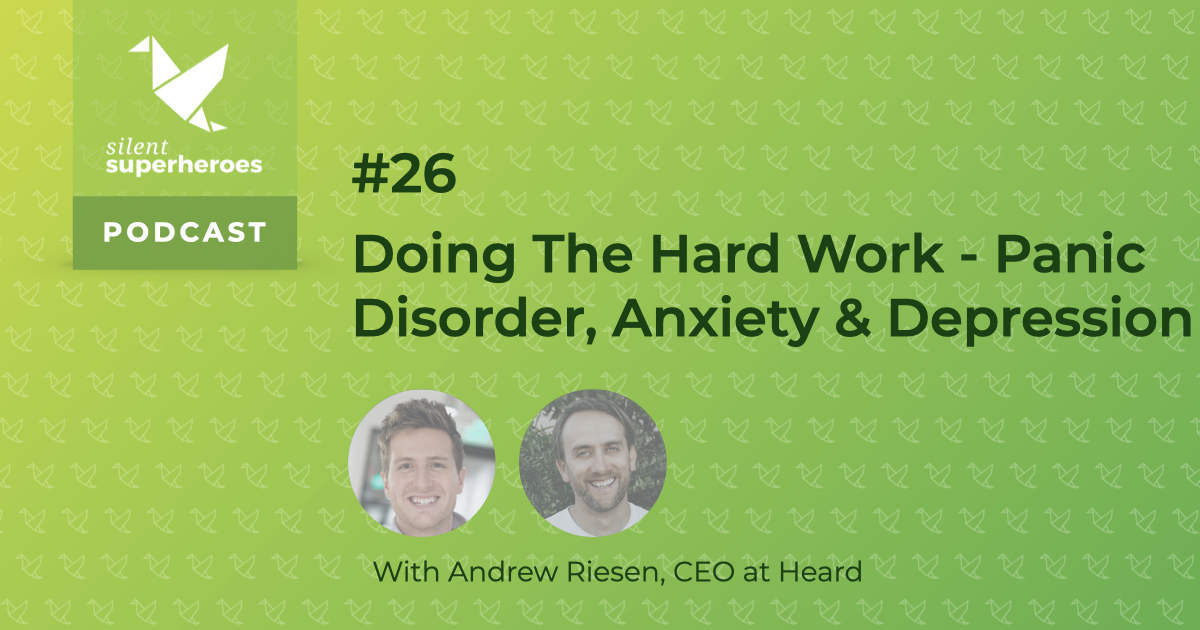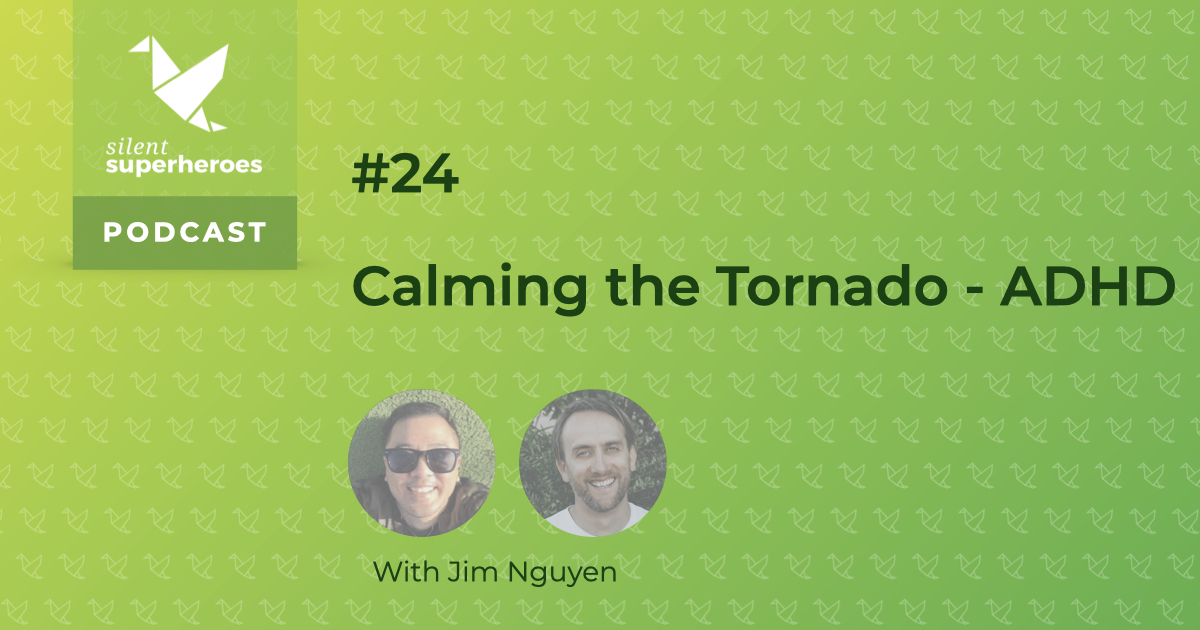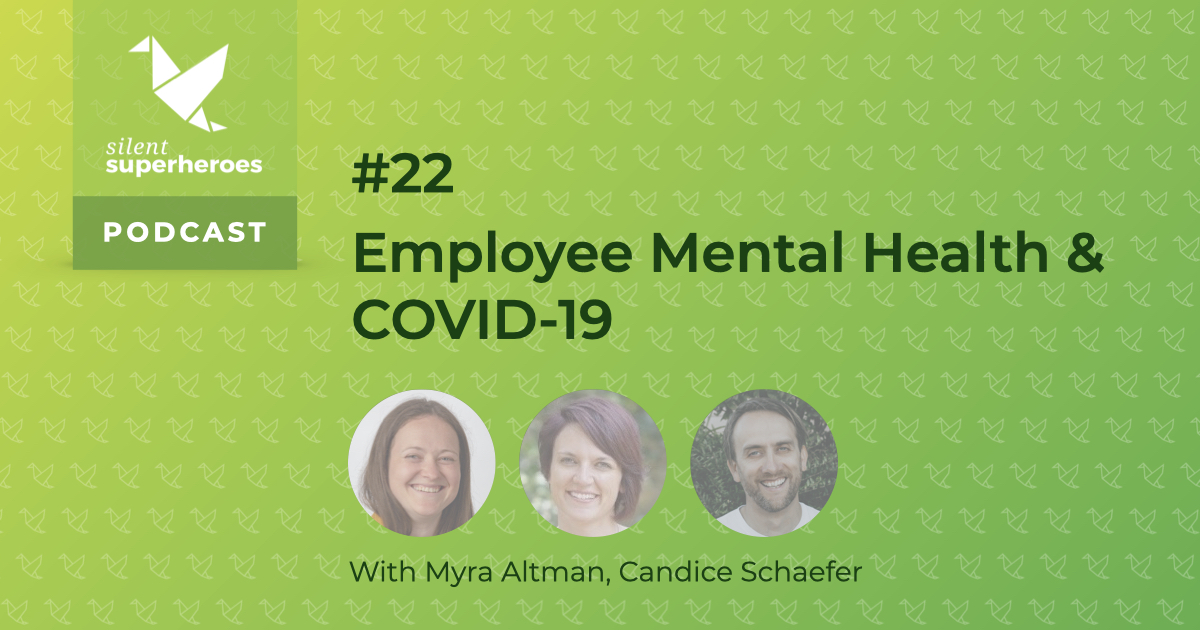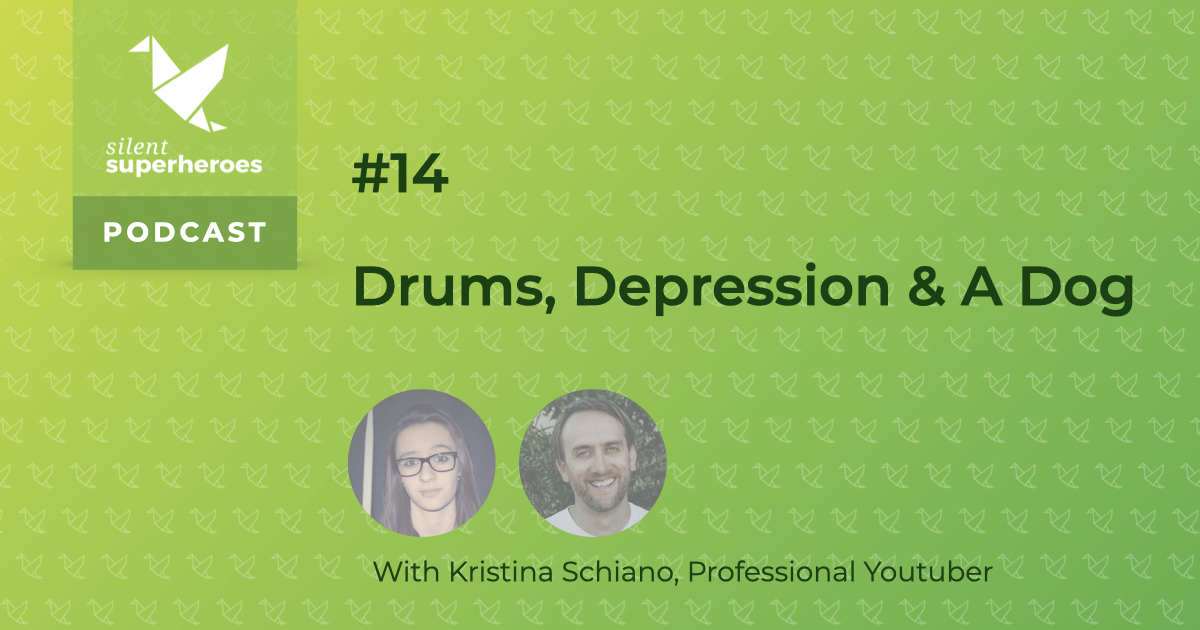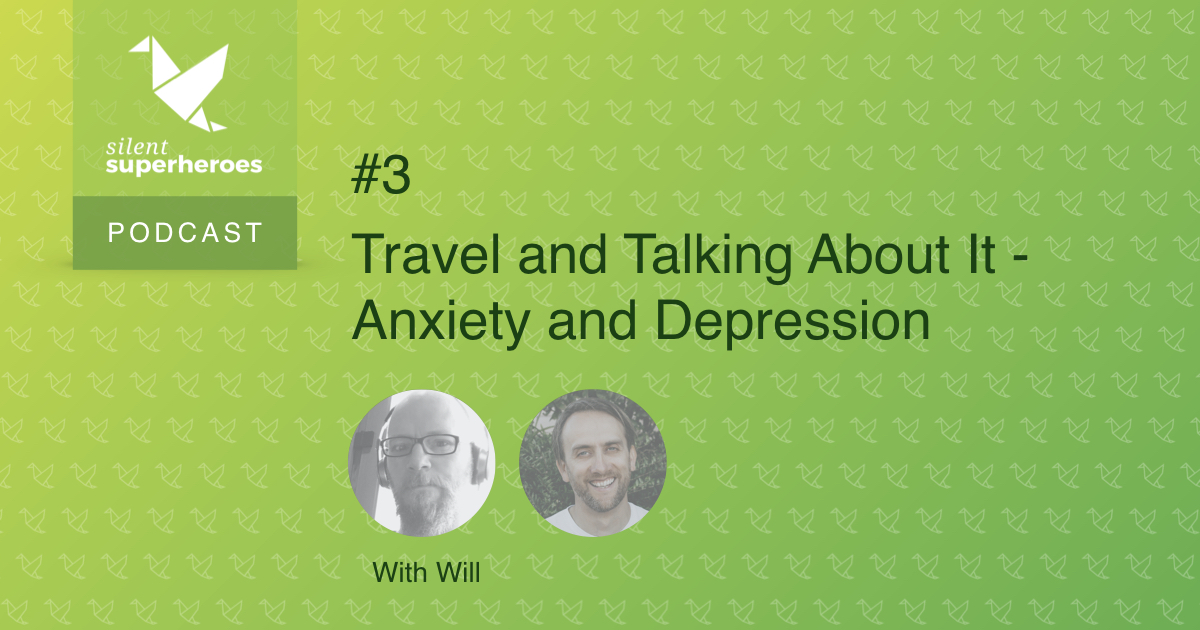David is a former radio personality from Malta who is managing anxiety and depression. As an infant, David’s mother took him from Malta to Australia to start a new life. Unfortunately alcoholism and abuse followed them. After a difficult childhood David returned to Malta, the place of his birth, at 19 looking to start a new life. As he built a career and a family, the wounds of childhood continued to fester leading him to finally confront anxiety and depression.
Podcast: Play in new window | Download (Duration: 56:24 — 30.0MB)
In this episode of Silent Superheroes, David shares his life story and speaks about the impact of trauma on children. He gives a personal example of wearing “the mask” all Silent Superheroes wear when working while ill. Finally, David will share his recipe for managing anxiety and depression with simple tools he’s found that help.
Links
- Oz Uncut (David’s blog)
- Richmond Foundation – mental health care in Malta (organization)
About Depression
Depression is a mood disorder that causes a persistent feeling of sadness and loss of interest. This disorder is also called major depressive disorder or clinical depression. Depression affects how you feel, think and behave and can lead to a variety of emotional and physical problems. Because of those problems, you may have trouble doing normal day-to-day activities, and sometimes you may feel as if life isn’t worth living.
More than just a bout of the blues, depression isn’t a weakness and you can’t simply “snap out of”. Depression may require long-term treatment but don’t get discouraged. Most people with depression feel better with medication, psychotherapy or both. People fare best when they commit to working with depression.
Getting Support
Remember, the people you hear on Silent Superheroes are sharing their opinions about mental health and mental illness. They are not giving advice. For that reason, please consult with your care provider before making a change to your treatment approach.
It’s important to take your mental health seriously. Consequently, if you need to speak to someone you can call 1-800-273-8255, or text crisistextline.org on 741741. Both provide 24×7 confidential counseling to people in the United States. Worldwide visit http://iasp.info/resources/Crisis_Centres/
Because you listened to the podcast, you can help others find it by leaving us a review on iTunes. Or if you don’t use iTunes, leave a review on your favorite podcasting service.


